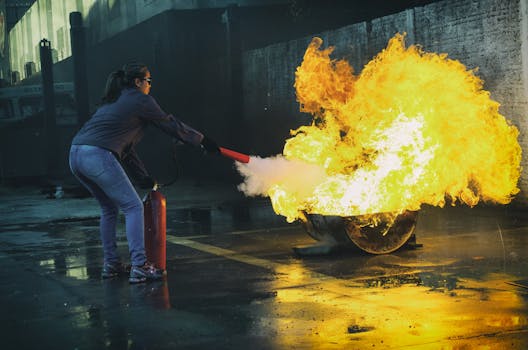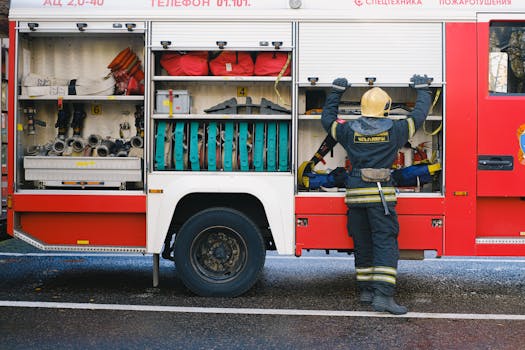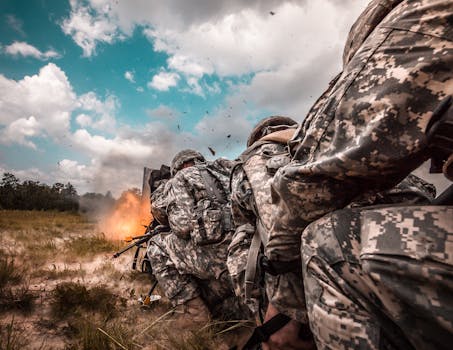You can do a foundation degree or degree in fire engineering.
You can also do an engineering degree, for example civil or structural engineering. You can then take a postgraduate course in fire safety engineering or fire engineering science.
Some courses offer a work placement. This will give you relevant work experience and can help you to make useful industry contacts.
Your university careers service will be able to advise you about this.
Entry requirements
You'll usually need:
- at least 1 A level, or equivalent, for a foundation degree
- 2 to 3 A levels, or equivalent, for a degree
- a degree in a relevant subject for postgraduate study




